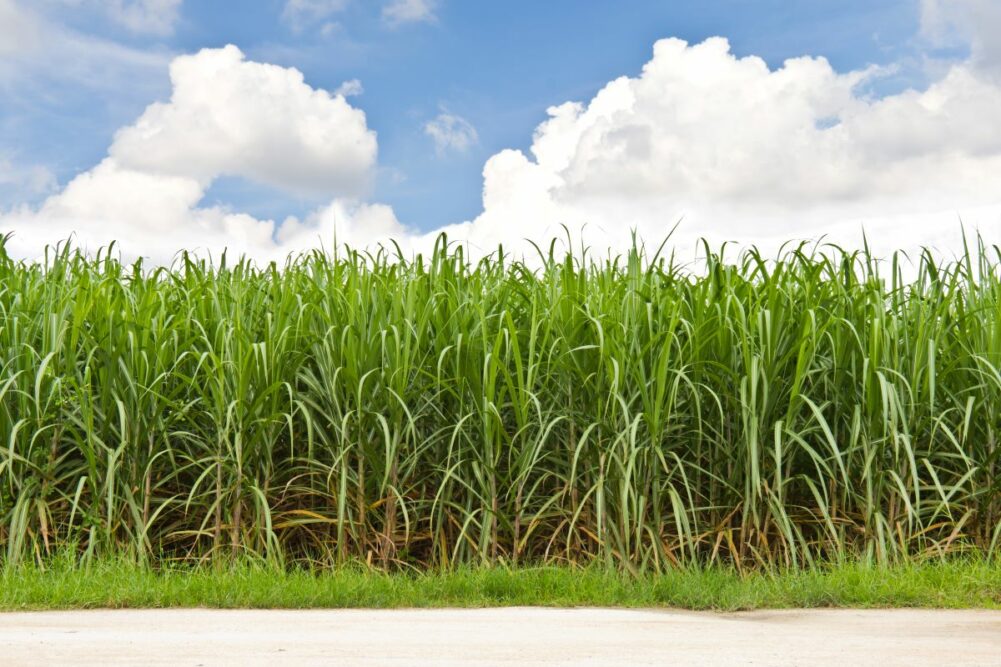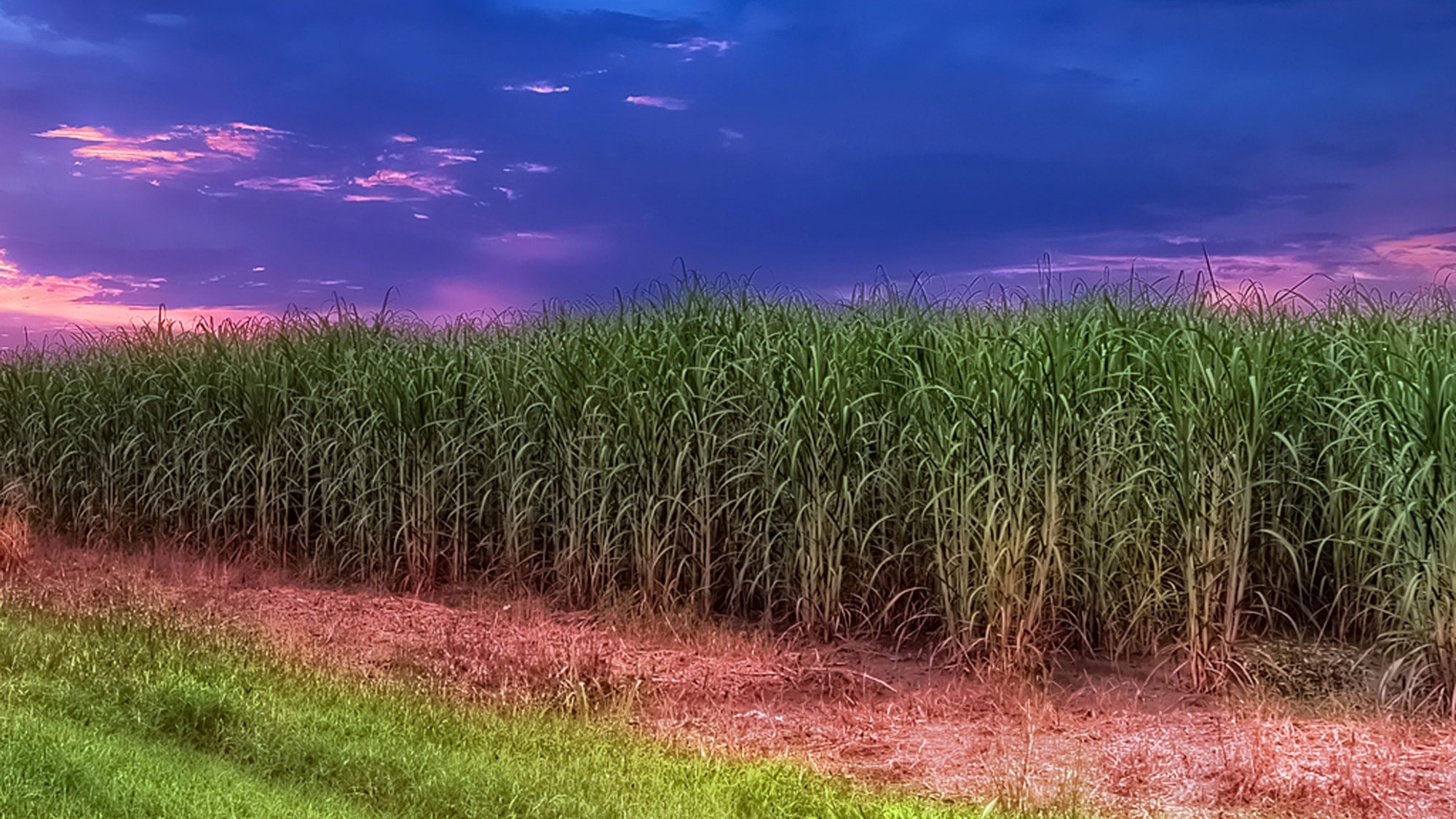Why Sugar and Cane Are Key Ingredients in Many Popular Beverages
Why Sugar and Cane Are Key Ingredients in Many Popular Beverages
Blog Article
Why Cane Sugar Processing Chemicals Are Important for Modern Sugar Refining
The role of walking cane sugar processing chemicals in contemporary sugar refining can not be overstated, as they are important to improving both the effectiveness of extraction and the total top quality of the last item. Agents such as phosphoric acid and certain flocculants are utilized to remove contaminations, resulting in sugar that not just satisfies consumer assumptions however also adheres to market requirements.
Function of Handling Chemicals
The efficiency of cane sugar handling pivots significantly on the critical application of handling chemicals. These chemicals play a pivotal function in improving the efficiency and high quality of sugar extraction and refining. From the initial stages of juice removal to the last filtration actions, handling chemicals facilitate various vital procedures.
In the removal stage, chemicals such as phosphoric acid and calcium hydroxide are used to enhance the information process, helping to get rid of pollutants and put on hold solids from the cane juice. This not just enhances the return however also makes sure the clarity of the end product. Additionally, representatives like flocculants help in the rapid settling of pollutants, consequently enhancing the general process.
Triggered carbon and ion exchange resins offer to remove shade and odor, guaranteeing that the refined sugar satisfies customer top quality requirements. Thus, the precise selection and application of these chemicals are vital for attaining optimal outcomes in walking stick sugar processing.
Secret Sorts Of Chemicals
Walking cane sugar processing relies upon a range of essential chemicals that help with each phase of manufacturing. These chemicals play essential functions in clarifying, whitening, and purifying the sugar removed from walking stick.
One primary classification of chemicals consists of flocculants, such as polyacrylamide, which help in the clarification process by advertising the aggregation and settling of contaminations. Additionally, calcium hydroxide is often used to counteract level of acidity and aid in the removal of non-sugar parts.
Whitening representatives, such as triggered carbon and sulfur dioxide, are used to decolorize the syrup, resulting in a more clear final item. These chemicals aid remove shade substances that might affect the sugar's look and marketability.
Furthermore, phosphoric acid functions as a pH regulatory authority during the processing phases, making certain optimum problems for the enzymatic tasks entailed in sugar extraction and filtration.
Various other vital agents include edta (ethylenediaminetetraacetic acid), which chelates metal ions that might militarize unwanted responses, and salt hydroxide, which aids in pH control throughout the refining process. Collectively, these chemicals improve effectiveness and make sure a top notch walking stick sugar item.
Benefits for Sugar Quality
Frequently overlooked, using details processing chemicals substantially enhances the general top quality of walking cane sugar. These chemicals play an essential duty in refining processes, guaranteeing that the end product meets rigorous industry standards for purity and preference.

In addition, refining chemicals aid in attaining a regular granulation and structure, which are critical for consumer acceptance. By controlling the crystallization process, these chemicals make sure that the sugar crystals develop consistently, resulting in a much more enticing item that liquifies well in article various applications.
Additionally, using these chemicals can improve the life span of cane sugar by lessening moisture absorption and microbial growth. Generally, the tactical application of processing chemicals is crucial for delivering top notch walking stick sugar that satisfies consumer assumptions and sector needs.
Ecological Impact Factors To Consider

Additionally, the energy-intensive nature of sugar refining, intensified by chemical use, often leads to enhanced carbon discharges. This adds to climate change and elevates worries concerning the sustainability of current refining techniques. Additionally, the sourcing of these chemicals may involve techniques that intimidate biodiversity, such as monoculture farming, which lowers the strength of farming environments.

To alleviate these effects, sugar refiners are progressively checking out lasting alternatives and adopting best practices that lessen chemical usage. Implementing strenuous environmental administration systems can help make certain that the refining process straightens with ecological criteria and promotes biodiversity. Ultimately, a balanced approach that prioritizes both sugar high quality and environmental stewardship is essential for the long-term practicality of the sugar industry.
Future Patterns in Refining
As the sugar industry faces the environmental challenges connected with standard refining techniques, cutting-edge approaches are arising to enhance both effectiveness and sustainability. One significant fad is the adoption of green chemistry concepts, which prioritize using safe, naturally degradable processing chemicals. This change not just minimizes environmental impact but additionally addresses consumer need for cleaner manufacturing approaches.
An additional promising growth is the implementation of advanced filtering innovations, such as membrane layer separation and adsorption processes. These methods improve the quality and quality of the sugar while minimizing the quantity of wastewater produced throughout refining. Additionally, the assimilation of digital innovations, including IoT and AI, is transforming operational performance by allowing real-time surveillance and anticipating maintenance, therefore minimizing resource a knockout post waste.
Moreover, the use of by-products from sugar refining, such as bagasse and molasses, is acquiring grip. These products can be exchanged biofuels or value-added products, adding to a round economy within the industry. Collectively, these fads signify a change towards more sustainable methods that not just enhance functional performance yet additionally align with global sustainability objectives, guaranteeing the future feasibility of sugar refining.
Final Thought
Walking stick sugar processing chemicals are essential in modern sugar refining, considerably enhancing the performance and top quality of sugar extraction. The calculated usage of these chemicals not only enhances the pureness and flavor of the end product yet likewise ensures constant condensation and texture. As the market progressively prioritizes sustainability, the adoption of environmentally-friendly handling agents is likely to shape future fads in refining, eventually causing higher top quality products and extended rack life for consumers.

Ultimately, a well balanced technique that focuses on both sugar high quality and environmental stewardship is important for the long-term viability of the sugar industry.
Walking cane sugar processing chemicals are vital in modern-day sugar refining, dramatically improving the performance and high quality of sugar removal.
Report this page